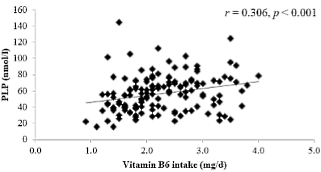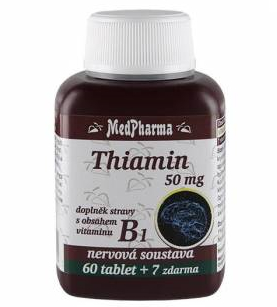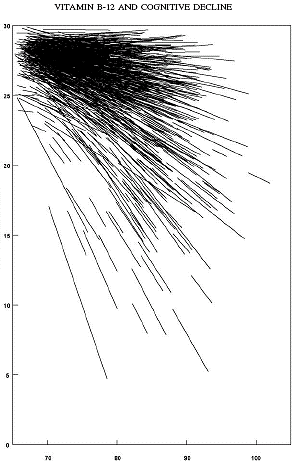|
Definition: "An ergogenic aid is any substance or phenomenon that enhances performance "
|
|
||||||||
08.03.2014 |
|
|
High-thiamine diet reduces chance of depression
Some time ago we wrote about an experiment done in the 1990s in which a supplement containing 50 mg thiamine – alias vitamin B1 – improved the mood of the student subjects. In 2012 Chinese epidemiologists published a study with similar results to those of the experiment done in the nineties. The Chinese suggest that a diet containing relatively large amounts of thiamine reduces the likelihood of depression.
Study
The researchers also measured the amount of thiamine the participants ingested through their diet, and analysed the composition of the participants' red blood cells. They looked not only at the concentration of free thiamine, but also at that of thiamine monophosphate and thiamine diphosphate. The latter in particular plays a key role in depression: it's a co-factor for the production of serotonin.
Results
The researchers fixed the likelihood of depression in the participants with the highest thiamine intake [Q4] at 1. The figure below shows that the participants with the lowest thiamine intake were one and a half times more likely to suffer from depression.
The body uses most of the thiamine it ingests - in the form of thiamine diphosphate - to convert glucose into energy. That means that you really need to look at the relationship between thiamine intake and carbohydrate intake. When the Chinese did this, they discovered that, among the participants, a high carbohydrate intake coincided with a high thiamine intake. That's why they couldn't see a relationship between thiamine intake and likelihood of depression.
The figures below are more revealing. The subjects in the quartile with the lowest concentrations of free thiamine, thiamine monophosphate and thiamine diphosphate in their red blood cells were 3, 3.5 and 2 times respectively more likely to be depressed than those in the quartile with the highest concentration. And yes, the relationships were statistically significant.
Supplementation
Conclusion
Source: More: Archives:
|
|
|||||||||||||||






